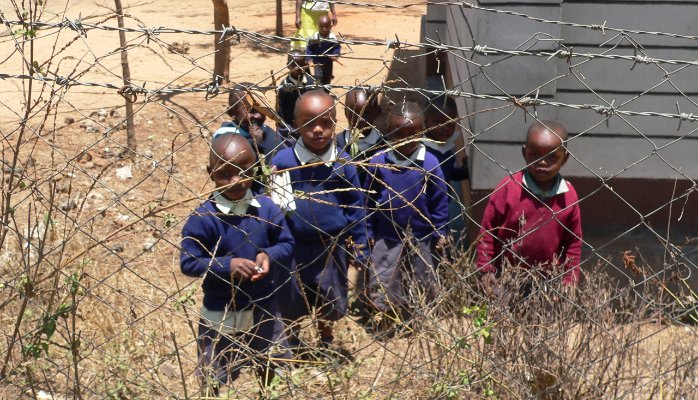Putting Entrepreneurship Where it Belongs
- Donna Rosa
- Aug 2, 2016
- 2 min read
Updated: May 6, 2024
Shortly after I returned home from a consulting assignment in Liberia, I was working in my office and happened to look out the window. A ground hog was waddling straight down the middle of the street. In my neighborhood in suburban New Jersey this is a WTF. And that was my first thought. But I’m quite certain that no one else on Madison Street would have come up with my second thought: “Someone in Liberia could get $20 for that”.
That’s what my driver told me on one of my trips to the field. I had asked about the critter we sped past along the road, slung upside down by its little spread legs fastened to a y-shaped stick. I pondered how working in developing countries alters my thinking in strange ways. But there was something else going on: the opportunistic peddlers were children.
On another field trip (same assignment) I was waiting in the car as the driver made a roadside stop. Three young girls approached and asked if I wanted to buy a pineapple for $5, an astronomical amount. When I said no and after some discussion, one of them feigned a dramatic pout and pleaded “But I am hungry”. I peered at her in jest. “Then why don’t you eat the pineapple?” Taken aback, they howled with laughter. Busteeed.
These sales children are everywhere in the developing world. They should be in school. Many toil at terrible jobs for little or no pay. Yet from the examples above it is clear that they learn about market pricing and other business concepts early on. They may need those skills for the rest of their lives.
There are budding young entrepreneurs in all countries, and we love that. However, the “lemonade stands” of Liberia (and elsewhere) are a far cry from those on Main Street USA.
For the poor it isn’t about fun; it’s survival. If these kids manage to earn anything at all, it’s not pocket money for video games. It may mean they get to eat that day.
It’s also real-world training for their future. Most kids in rich countries have a choice of careers when they grow up, whether it’s entrepreneurship or something else. In poverty, there may be only one way to make a living now and ever after: figure out how to sell something.
These are the youngest entrepreneurs of necessity.
Micro- and small enterprises create economic growth and prosperity, but not this way.
There’s an interesting generational overlap between business and education. Children clearly need education, but what about educating parents by teaching them how to run a business in the context of their own business? With successful enterprises to provide incomes, their children would be able to do what they’re supposed to do: attend school (assuming school is available) rather than hawking trinkets on the street.
At the base of the pyramid small business owners may be scrappy, but they’re rarely shown how to properly manage a business and make a profit. They also need access to capital and technical training. It all exists, but not nearly enough and usually via short term, ineffective interventions.
Providing basic business skills together with longer term mentorship can obliterate poverty and put the entrepreneurship where it belongs, whether it’s bush meat or a fruit treat.






Comments